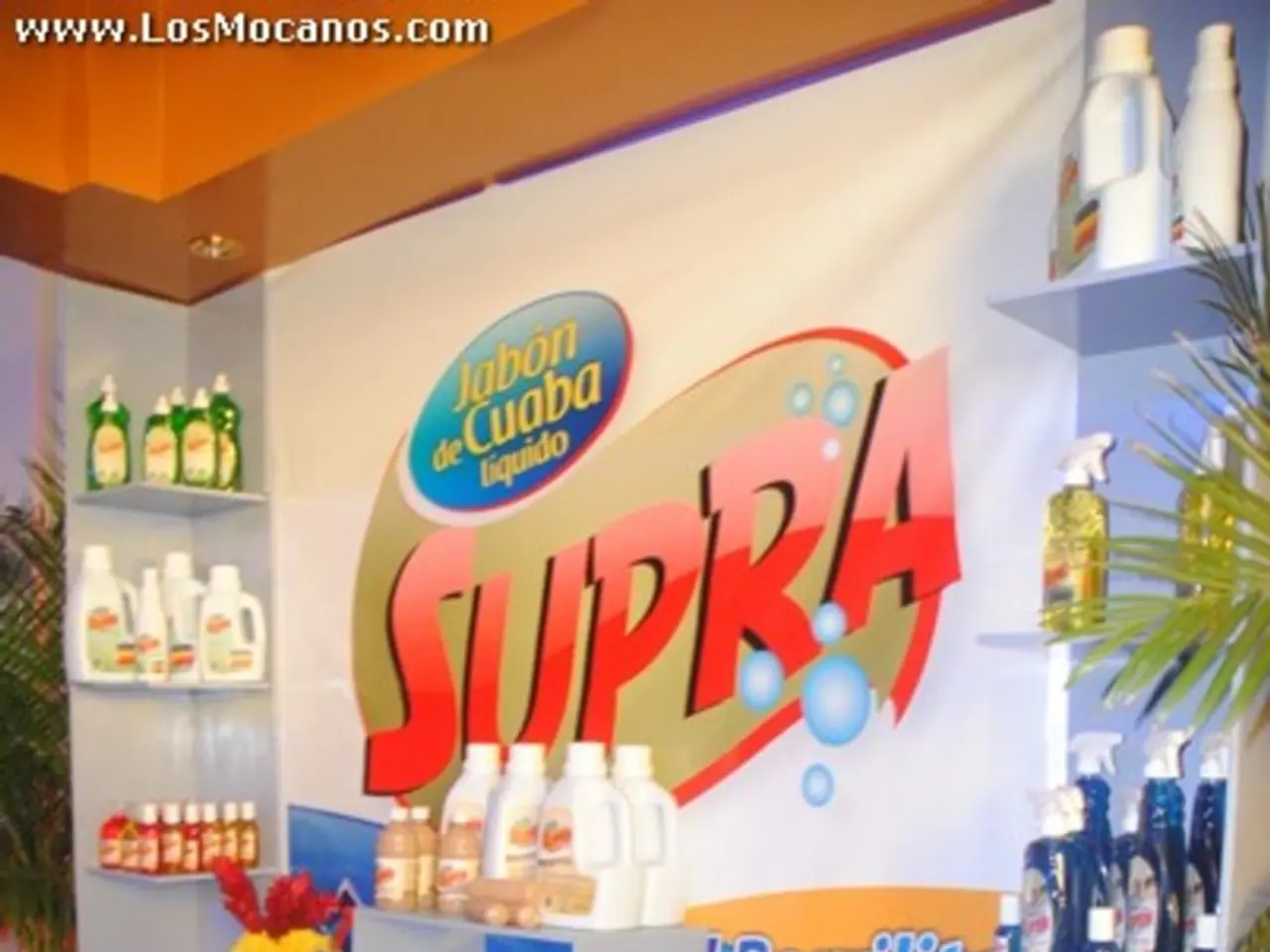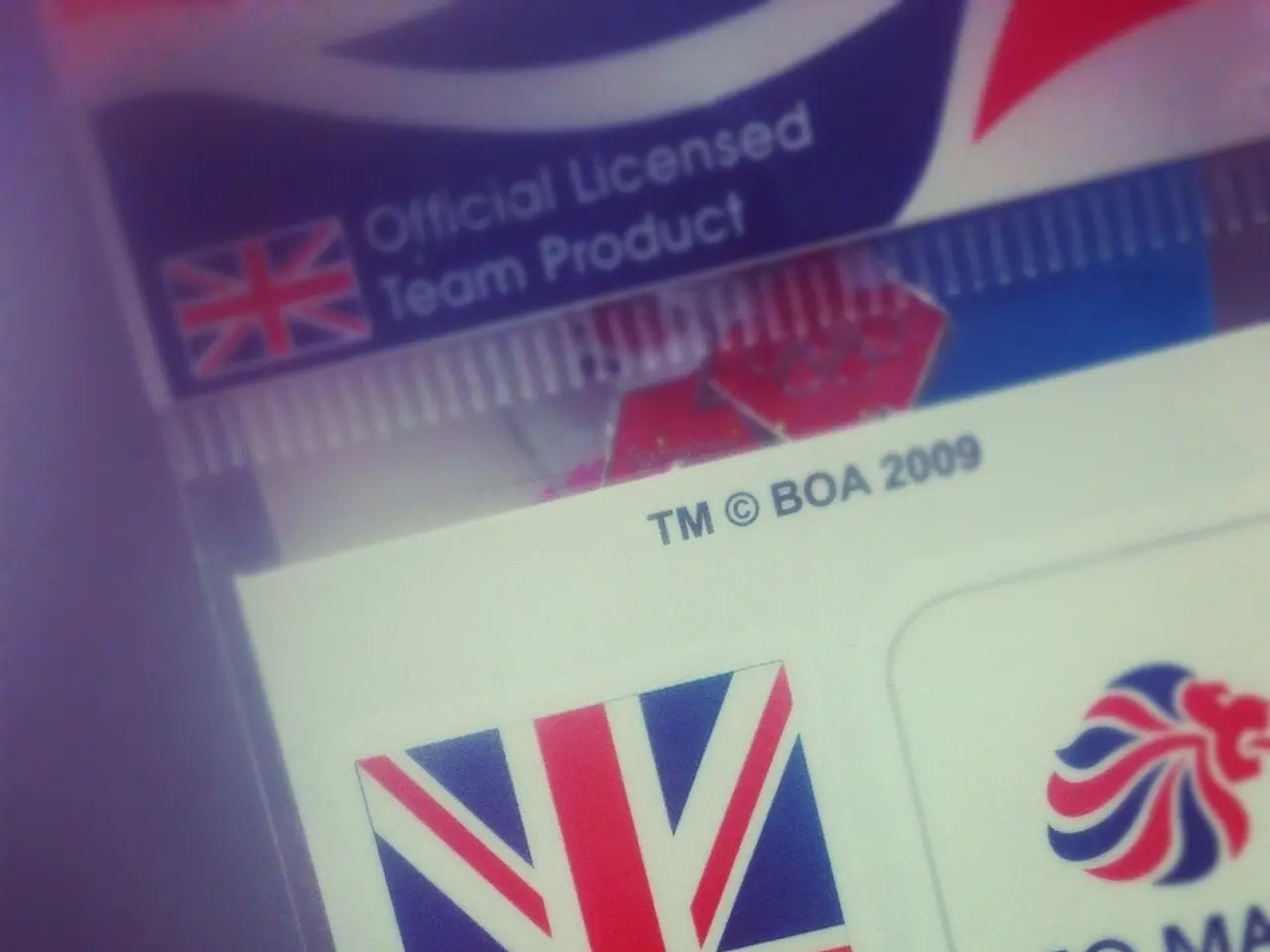Market's Demand Remains for "Made in Italy" Products According to Ancorotti
Ancorotti Cosmetics, a European cosmetics company based in Crema, Italy, is facing significant challenges due to the 15% US tariffs on EU cosmetics exports. Sixty percent of the company's sales are concentrated in the United States, France, and Germany, making the tariffs a considerable burden.
The transatlantic trade environment, where chemicals and raw materials used in cosmetics production frequently cross borders multiple times, amplifies tariff costs and complicates supply chains. This has negatively affected the competitiveness and employment of European cosmetics firms, with estimates suggesting potential losses of €300 million and thousands of jobs in France's cosmetics sector.
In response, Ancorotti Cosmetics, like other companies in a complex global market, is likely to adopt strategies such as diversifying supply chains, exploring alternative markets, advocating for better trade terms, and possibly increasing prices or adjusting product portfolios. However, these strategies come with challenges such as increased operational complexity, potential loss of market share, and the need to balance cost pass-through with consumer acceptance.
Despite these challenges, Ancorotti Cosmetics remains optimistic. The company closed 2024 with strong growth, reaching €150 million in revenue (+30% on 2023), with 90% of its revenue coming from abroad. Ancorotti Cosmetics is also expanding its presence, particularly in the Middle East, with a focus on Saudi Arabia and the United Arab Emirates.
The company's COO, Graziano Fumarola, expresses concern about growing regulatory pressure that could compromise the competitiveness of the European industrial system, particularly for SMEs. The exact extent of the impact of US tariffs on European products, including those from Ancorotti Cosmetics, is currently difficult to estimate precisely.
However, broader macroeconomic forecasts remain cautiously optimistic; Europe's growth recovery is expected to continue, supported by fiscal and monetary measures, which could provide some resilience to companies navigating the tariff landscape. The pandemic has highlighted the importance of resilience, agility, adaptability, and a solid, integrated supply chain in uncertain times.
In summary, Ancorotti Cosmetics and similar European cosmetics companies are grappling with higher costs, supply chain complexities, and market access challenges due to US tariffs and must pursue diversified strategies and industry advocacy to mitigate impacts in a complex global market. Despite these challenges, the company remains confident in its "made in Italy" identity and its growth prospects, particularly in Northern Europe.
The international industry finance landscape is influenced by the tariffs, as Ancorotti Cosmetics, like other companies, must navigate through these complexities, seeking diversification and advocacy to combat impact in the global market. This situation necessitates a focus on resilience, agility, adaptability, and a robust, integrated supply chain, which is particularly vital in the unpredictable contemporary business environment.




